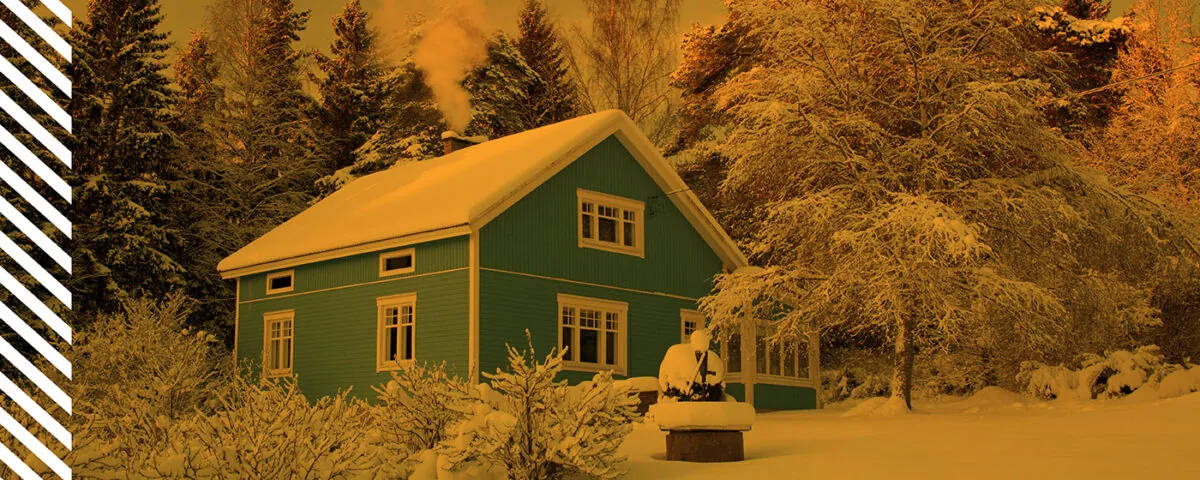
Here are top tips to help you prepare for dropping temperatures, along with a few ways to stay safe during a temporary interruption in electric services.
For more information on keeping your family safe during and after a winter storm, visit our outages and safety page.